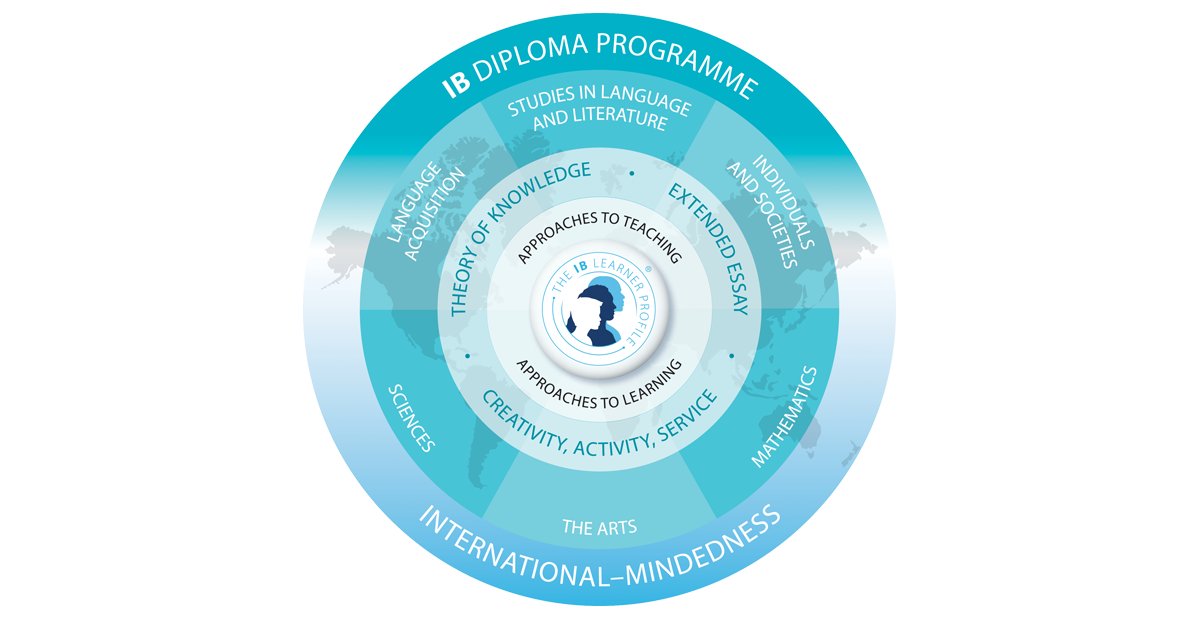Choosing International Baccalaureate Diploma Programme for your child
Choosing the best course of study for your child can be difficult. Here's a quick overview of the International Baccalaureate Diploma Programme to help you decide if it's the right fit for your 16-19-year-old child.
What exactly is an International Baccalaureate?
The International Baccalaureate, also known as the IB, is a comprehensive and international curriculum that emphasizes intellectual, personal, emotional, and social development. It aims to develop 'inquiring, knowledgeable and caring young people who are motivated to succeed'.
Schools around the world can offer all of these programmes or mix and match them with other curricula. Some schools choose a common bilingual curriculum until the 10th grade. Students who wish to pursue an IB Diploma will first enroll in a specially designed pre-IB programme in grades 11 and 12, followed by the IBDP in grades 13 and 14.
The IB is ideal for the ex-pat family in many ways. Thousands of schools around the world now offer the curriculum, allowing students to easily transition back to their home country or another country. As a result, evaluating them on a standard, universal scale is also simple.

The IBDP Curriculum is divided into six subject areas; students must usually study one from each group over a two-year period, three at higher level and three at standard level:
-
Group 1 : Language and literature studies - often in one's mother tongue language
-
Group 2: Language Learning - usually a second or third language
-
Group 3: Individuals and Societies - subjects include business and management, economics, geography, global politics, history, information technology in a global society, philosophy, psychology, social and cultural anthropology, world religions, and world religions.
-
Group 4 : Sciences - Biology, computer science, chemistry, design technology, physics, and sports, exercise, and health science are examples of sciences.
-
Group 5: Mathematics that include mathematics analysis and approaches or mathematics applications and interpretation.
-
Group 6: Dance, music, film, theatre, and visual art are examples of arts subjects.
IB Diploma students, in addition to the six subject groups, study the IB core - three required components that broaden their experience. The three main components are as follows:
-
Theory of knowledge entails students reflecting on their knowledge and questioning/challenging what they know.
-
The Extended Essay is a self-directed, in-depth 4000-word research paper on a topic of their choice.
-
Students engage in a variety of purposeful and personally challenging activities related to these three subjects, with significant outcomes.
The IB curriculum is described as challenging but rewarding by many students. Students who prefer to concentrate on fewer subjects in order to develop a specialty may prefer A-levels over the IB.


